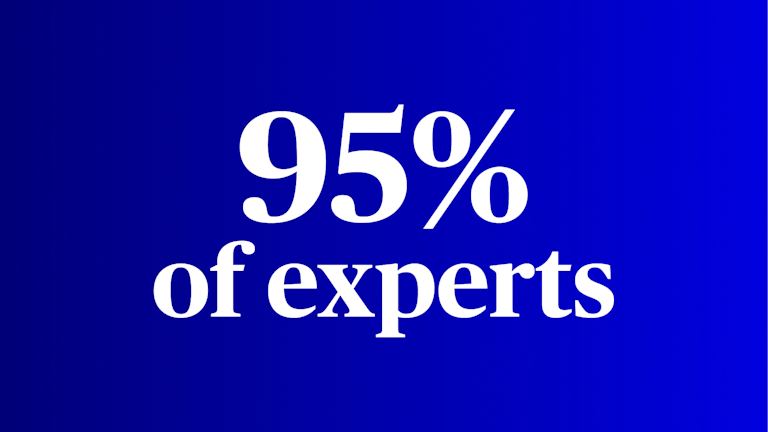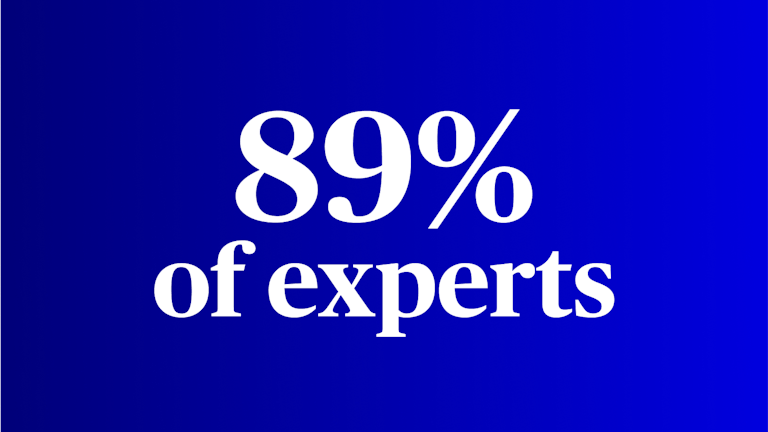
think crises have increased in recent years.
A global overview of emerging risks
The Future Risks Report explores the risks we may face in the future. This report is based on an annual survey asking 3,600 experts from 57 countries and a representative sample of 23,000 individuals from 18 countries to rank their top 10 risks, based on their potential impact on society over the next five to ten years.
The 2025 edition spotlights how social fragmentation is compounding the world’s vulnerability to risk. In the face of the exacerbation of these polycrisis worldwide, confidence in the capacity of public authorities to handle them is eroding, while the unprecedented pace at which technological risks are emerging makes risk management and decision-making increasingly complex. In this context, the insurance sector is a key player in offering solutions at the local level.
If you’re interested in a new way of navigating the Future Risks Report’s data, take a look at our Risk Radar !
In this 12th edition, climate change tops experts’ risk rankings for the fifth consecutive year, but the gaps are narrowing with risks linked to geopolitical instability (2nd position) and cybersecurity (3rd position). These results illustrate the polycrisis phenomenon and reinforce the need for a holistic approach to risk management while prioritizing national solutions.

In 2025, climate change remains the top risk overall for both experts and the general population. The sense of vulnerability to climate change is high: 66% of experts and 75% of the general population feel vulnerable to the risk in their daily life, though these figures are down slightly from last year’s survey (70% and 77% respectively). Only 12% of experts and 32% of the general population believe that public authorities are well prepared to handle it, down two percentage points from last year and the lowest figure since the survey began.
Geopolitical instability ranks 2nd for experts and 6th for the general population—in both cases, unchanged from last year. 84% of experts and 79% of the general population think there is a significant risk that geopolitical tensions lead to a global war.
Technological risks are emerging at an unprecedented pace. Cybersecurity ranks 3rd for both experts and general population while concerns about AI and big data risks among the general population are closing the gap with expert opinions (4th for experts, 7th for the general population, up three places). Those who chose this risk cited AI-related threats to human rights and interests as their main concern, and were more likely than for other risks to say that it is rapidly emerging
.
Risks related to changing demographics enter the top 10 for the first time, in 10th position. The combination of declining fertility rates and rising life expectancy will increasingly lead to a shrinking workforce needing to support a growing elderly population. 74% of experts and 71% of the general population believe there is a significant risk that their country’s healthcare system could collapse in the next decade.

think crises have increased in recent years.

believe that public authorities are well prepared to face the emergence of cyber security risks.

agree that insurers have an important role in protecting against future risks.

Fragmented societies, the challenge of living together
Learn more
Climate change, the risk that amplifies all others
Learn more
Geopolitical instability, the fear of conflicts globalization
Learn more
Cybersecurity, critical infrastructures are getting more vulnerable
Learn moreFor this 2025 edition, we’ve developed and a digital module that will allow you to find and compare Top 10 emerging risks across countries, continents, general population and experts.
Discover the Risk Radar